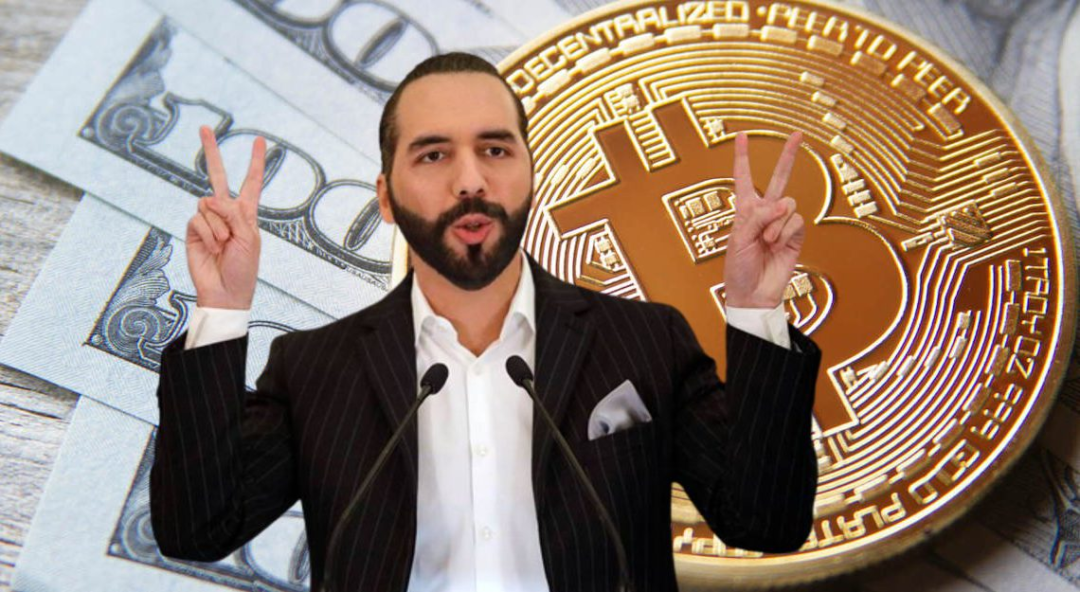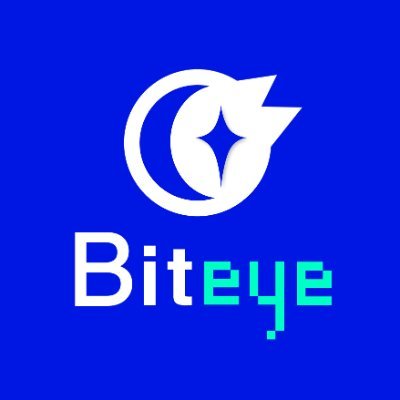2023比特币迈阿密会议见闻:三个关键主题
原文作者:@ramahluwalia
原文编译:Biteye 核心贡献者 Crush
本篇文章介绍了来自比特币迈阿密大会上的主要话题,关键主题有:
1、新兴市场的采用
2、制裁与阻碍
3、Ordinals
01 新兴市场的采用
阿根廷的通货膨胀率超过 100% ,加纳、黎巴嫩和委内瑞拉等主权国家和中央银行也面临着高通胀率。在这些受通胀侵蚀的国家中,比特币作为货币的采用率创下了历史新高。
(阿根廷通货膨胀率)
国际雇员开始通过应用程序接受工资支付,可以使用相关应用程序,立即将收入转换成比特币或美元稳定币。
从政府官员官员的声明来看,“随着用户的使用频率增加,积极参与的用户确实会变得更加积极”。

此外,政府与《纽约时报》就有关萨尔瓦多实验的报道存在争议,有人认为纳伊布·布克莱(萨尔瓦多总统)将比特币的故事与政治联系在一起,并希望控制信息的传播。
这引发了一个问题...
比特币的采用是否更适合从下而上的推动,以帮助个人摆脱通胀,而不是由政府从上而下的采用?
政治是集中化的,而比特币是分散化的。如果我们通过政府来推动比特币的采用,这是难以理解的。
02 阻碍与制裁
Chivo(萨尔瓦多的比特币钱包)引起了非洲国家(尼日利亚、津巴布韦等)的兴趣,目前这些国家的通胀问题已经失控。
那么,为什么在采用比特币方面还存在阻碍?OFAC(美国财政部外国资产控制办公室)是其中一个原因。
此外,推广这些还需要考虑到用户教育的问题,并提供更简化的用户体验。尽管比特币对于上面这些通胀问题失控的国家是有益的,但却很少有风险投资资金关注这些市场。
比特币在伊朗越来越受到关注,伊朗人正在通过迪拜的货币交易商进行交易,但是如果他们通过这种方式将大额金额,如 1000 万美元转移出伊朗,那么将会承受巨大的滑点损失。
这引发了 OFAC 裁机制的另一个问题。
制裁的本意,是将这个国家与国际货币市场隔离开来,这在国家主权、人民和本地货币密不可分的情况下,是行之有效的。
但是 OFAC 没有办法做到制裁伊朗的同时,又不伤害那些试图逃离伊朗政权的人民,但比特币、稳定币(以及 TRM Labs 等合规基础设施)却可以解决这样的难题。
(译者注:TRM Labs Inc.创立于 2018 年,总部位于美国加州旧金山,是一家区块链情报公司及区块链分析公司,帮助金融机构、加密货币企业和联邦机构检测和调查与加密合并相关的金融犯罪。)
我在这里没有任何观点,但这的确是一个值得探讨的问题。
制裁是一种粗糙的工具,它往往会对国家和以及这个国家的人民产生无差别的伤害。
制裁也可能会削弱美国的“软实力”,并允许政权通过危机应对来控制公众。
(译者注:"软实力"是指一个国家通过吸引力和价值观等非军事手段来影响其他国家的能力。制裁可能会对国家的形象和声誉产生负面影响,降低其他国家对该国的认可和尊重。此外,通过对制裁措施做出危机反应,政权可以利用危机来加强对公众的控制力度,以维持其权力和统治地位。)
看看俄罗斯卢布的价格走势,我想你应该明白比特币的意义所在。
(美元对俄罗斯卢布汇率走势图)
如果有一种方法能够有意识地向被制裁国家的人民,提供转向比特币或美元稳定币的选择,同时对国家的行为进行控制,而不是粗暴地进行统一的制裁,那么这一定会促进比特币的采用。
尽管这是一个很好的议题,但实施起来却很很复杂。
03 Ordinals
而对于最近正在火热的 BTC 生态上的 Ordinals,@DavidFBailey 在推特上的一条推文很好地总结了这一点。
在比特币的流通中,矿工们扮演着关键角色,他们对于矿工费的增加感到愉悦,而这一增加也进一步增强了安全模型。
BRC-20 代币也增强了创作者的地位,从而具有更大的文化相关性。
如今,越来越多的投资基金寻求将比特币与美元进行交易,人们越来越将其视为对抗负实际利率的对冲工具,比特币成为了一种表达对美联储政策利率观点的新颖方式。
在 BRC-20 代币出现之前,比特币的叙事逻辑非常清晰,然而,在 BRC-20 代币出现之后,这样的叙事却被模糊了,这是它不好的地方。
除了上面提到的,比特币的另一个主要特点就是抗审查性。
这里存在着两个不同的观点,即比特币作为不可篡改的去中心化货币和为个体带来创造性自由的概念,它们之间存在一种竞争的关系。



